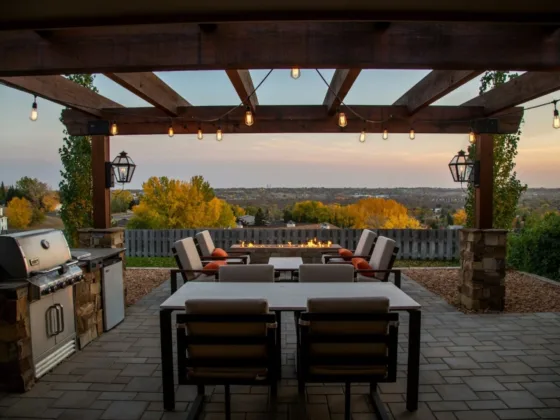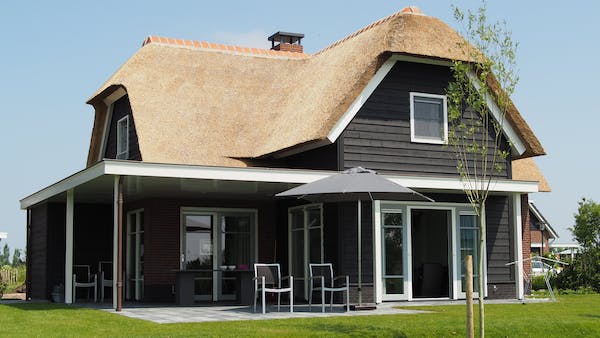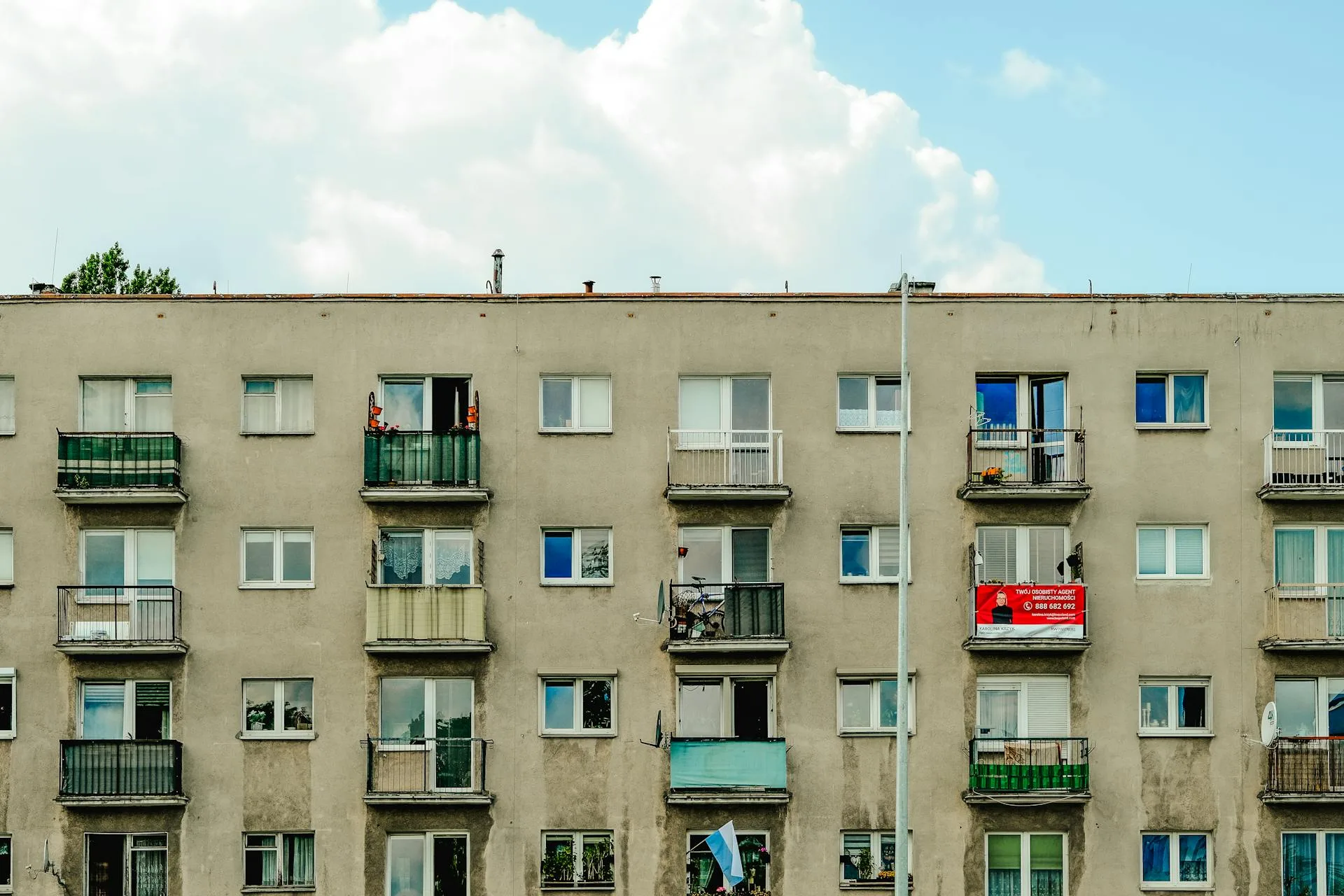The rise of home-sharing platforms like Airbnb and Vrbo has opened doors for both travelers (more lodging options) and residents (income from spare rooms or vacant properties). With Pennsylvania boasting nearly 40,000 listings across Philadelphia and Pittsburgh alone, the hosting potential is clear.
However, before hitting that “list” button, Pennsylvania landlords need to be aware of the ever-changing local regulations and licensing requirements that govern legal short-term rentals and ensure compliance with city ordinances. Here’s a breakdown of key factors to consider when deciding if a license is necessary for your situation.
No One-Size-Fits-All Rules in Pennsylvania
Unlike some states with overarching short-term rental registration laws, Pennsylvania lacks such regulations at the state level. This means the rules of the game, including permit and license requirements for Philadelphia Airbnbs, are established at the municipal level. In other words, the specifics can vary greatly depending on your city, township, or county.
Some areas require hosts to obtain permits or business licenses (costing $100-$500 annually) before accepting guests. Others restrict rentals to owner-occupied properties only, excluding those solely for investment purposes. Occupancy limitations, parking regulations, and mandatory safety inspections might also be part of the picture in certain areas.
Due to this highly localized landscape, it’s crucial to double-check the specific requirements based on your listing’s zip code. Fortunately, reputable platforms like Airbnb and Vrbo often provide some level of regional regulation details to help with initial compliance awareness.
Weighing the Advantages and Disadvantages
Beyond permit fees and application processes, hosts need to consider the pros and cons of formally registering their listings:
Upsides:
- Complies with local ordinances and adheres to safety codes
- May unlock access to valuable municipal support programs
- Protects against disruptive or high-risk guest stays
Downsides:
- Lengthy application times can delay income generation
- May provide tenant protections that complicate maintenance or eviction procedures
- Triggers automatic tax obligations on rental income
Remember, regulations in Pennsylvania are constantly evolving. Always verify your specific obligations based on your property‘s exact location, not on general information about the state.








